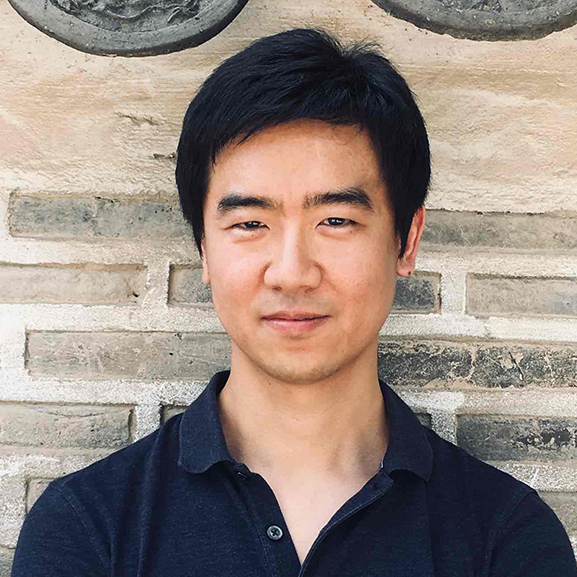EECS 300, Electrical Engineering System Design 2
EECS 300 is a new design-oriented course required as part of the EE degree program. In this course, students work with embedded systems, signal processing, analog and digital sensors, power systems, wireless communication, and more as part of their design project. The purpose of this course is to develop design skills, apply and deepen the knowledge gained in core EECS courses (215, 216, 230, 280), and allow for the exploration of more advanced topics as part of a design project with real-world relevance. The design project is focused on applying the growing world of Internet-of-Things (IoT) technologies to creating solutions that have positive societal impacts. All design goals and specifications for the course project are driven by realistic project needs.
EECS 312, Digital Integrated Circuits
EECS 312 is a junior-level digital circuits course for both electrical and computer engineering majors. Building upon knowledge of MOSFET device operation, the student learn to analyze and design digital circuits in various logic families, including static CMOS, domino, and pass-transistor logic. Tradeoffs among these logic families will be emphasized (e.g. noise immunity vs. speed, density vs. static power), allowing students to make informed decisions on when to use each style. Students are introduced to SPICE simulators and use SPICE heavily in designing various blocks of logic in lab assignments as well as a design project. Key memory structures (SRAM, DRAM) are described in detail.
EECS 452, Digital Signal Processing Laboratory
EECS 452 is a senior/graduate design course whose main focus is the application of real-time digital signal processing (including theory, software and hardware) to a multi-week team project. This course satisfies the CoE’s major design experience requirement. The course consists of lectures, structured laboratory exercises, and team projects. The lectures and structured laboratory exercises are intended to provide a foundation for the team projects to build on. The lectures and structured laboratory exercises project- appropriate topics that are expected to vary from semester to semester.
EECS 598, VLSI for Wireless Communication and Machine Learning
This course surveys methodologies to design energy-efficient and/or high-performance VLSI systems for the state-of-the-art image/audio processing, machine learning, and wireless communication systems. The primary focus of the course is on designing hardware-efficient algorithms and energy-aware VLSI IC architectures to deliver the performance and efficiency required by various signal processing applications. The course will be a mix of lectures and student-led presentations/projects. The content will be suitable for senior undergraduates or graduate students interested in hardware-efficient signal processing algorithms and their VLSI implementations.

 MENU
MENU 